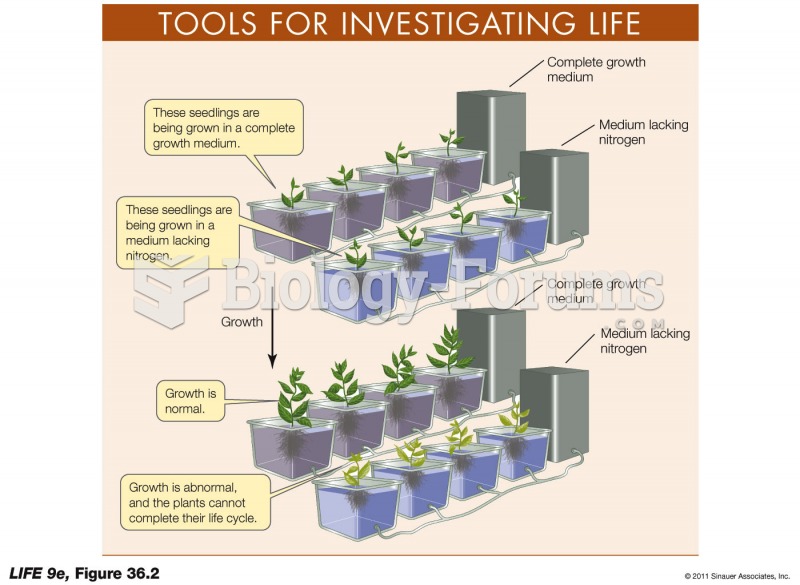Answer to Question 1
a
Answer to Question 2
The general deterrence concept holds that the choice to commit delinquent acts can be controlled by the threat of punishment. The concept is simple: People will commit crime if they believe they will be successful in their criminal endeavor. In contrast, if people believe illegal behavior will result in severe sanctions, they will choose not to commit crimes.
According to the concept of specific deterrence, if young offenders are punished severely, the experience will convince them not to repeat their illegal acts. Juveniles are punished by state authorities with the understanding that their ordeal will deter future misbehavior.
Why doesn't specific deterrence and strict punishment work with juveniles? There are a number of possible reasons:
Punishment may breed defiance rather than deterrence. Kids who are harshly treated may want to show that they cannot be broken by the system.
The stigma of harsh treatment labels adolescents and helps lock offenders into a criminal career instead of convincing them to avoid one.
Kids who are punished may also believe that the likelihood of getting caught twice for the same type of crime is remote: Lightning never strikes twice in the same spot, they may reason; no one is that unlucky.
Experiencing harsh punishment may cause severe psychological problems.
In neighborhoods where everyone has a criminal record, the effect of punishment erodes and juvenile offenders may begin feel they have been victimized rather than fairly treated for their crimes.
Harsh punishments will mix novice offenders with experienced violent juveniles who will serve as mentors and role models, further involving them in a criminal way of life.
Incarcerating youths cuts them off from prosocial supports in the community, making them more reliant on deviant peers. For example, incarceration may diminish chances for successful employment, reducing access to legitimate opportunities and increasing the lure of a delinquent way of life.







